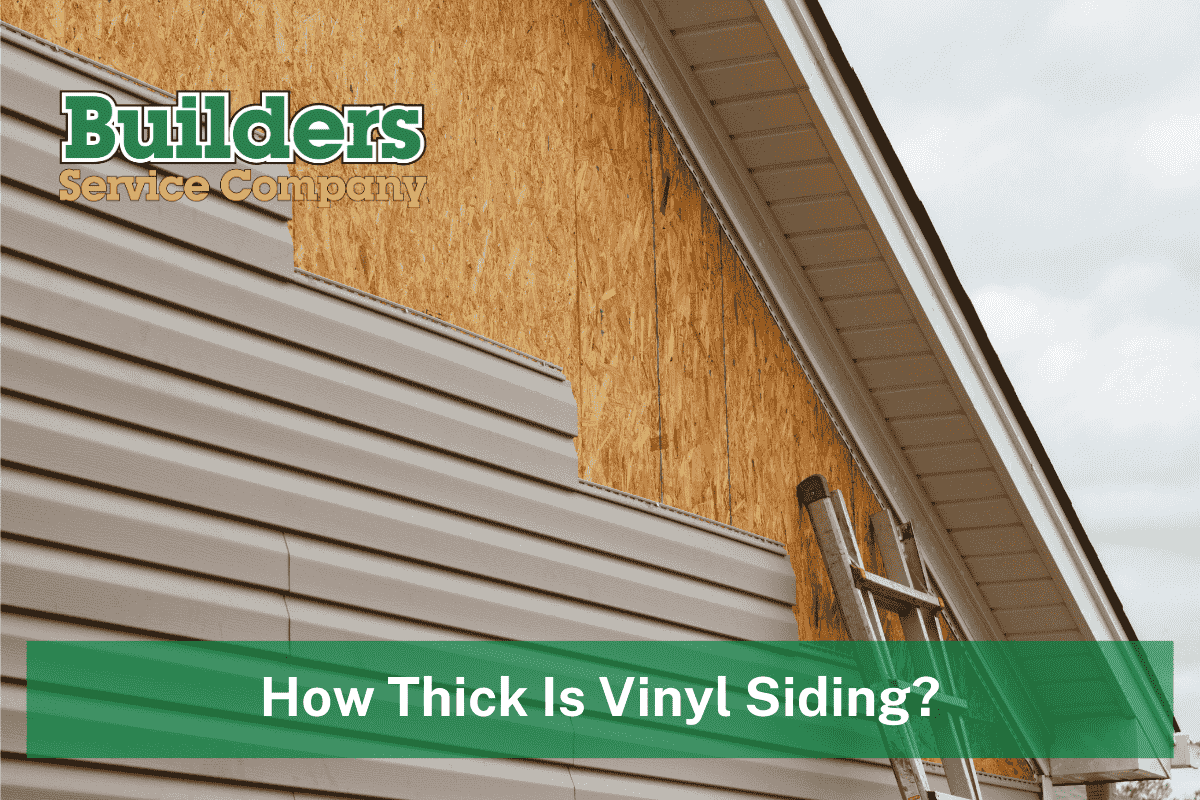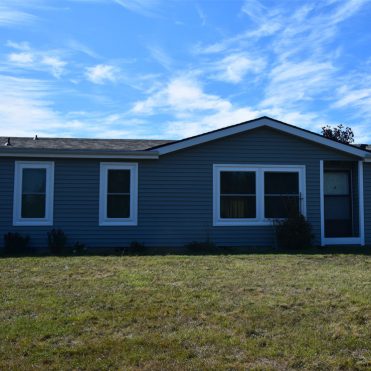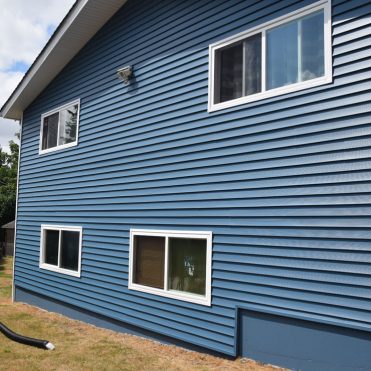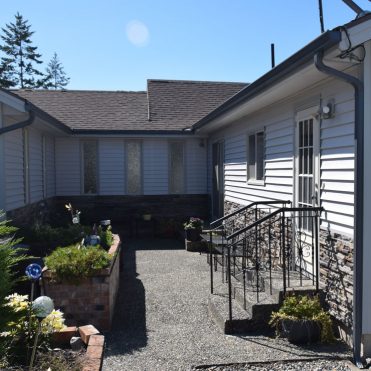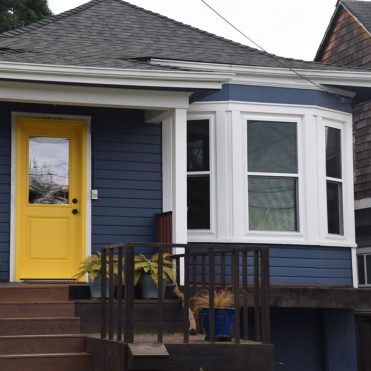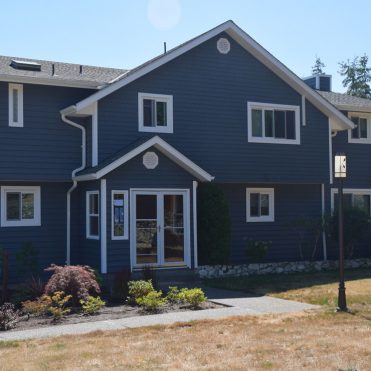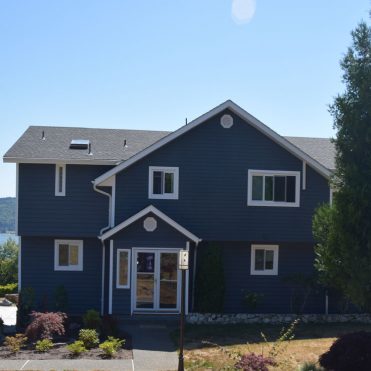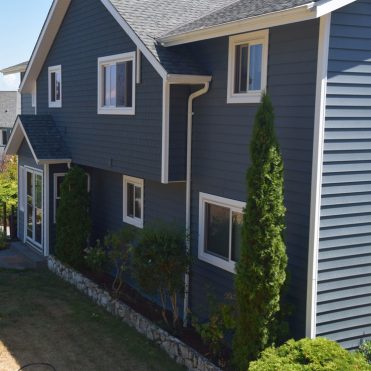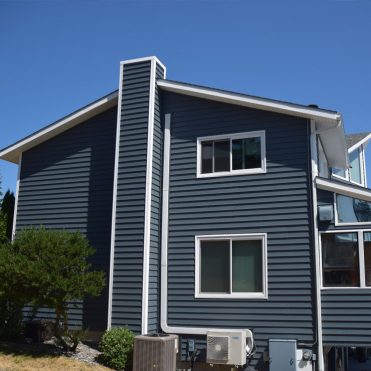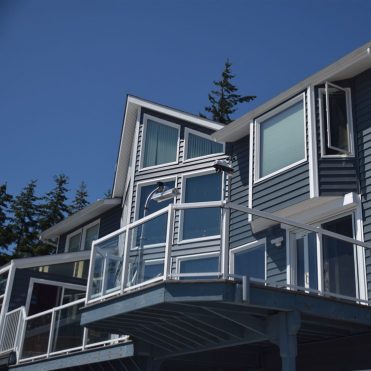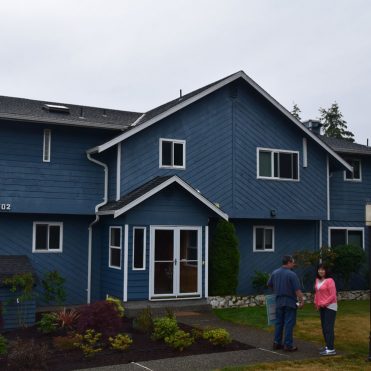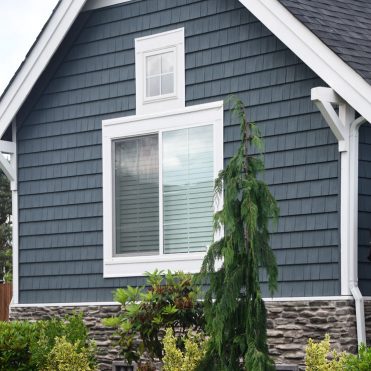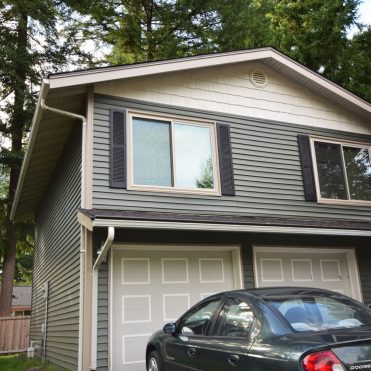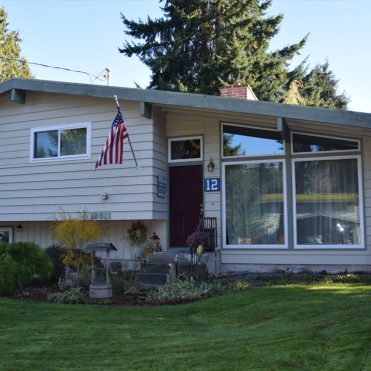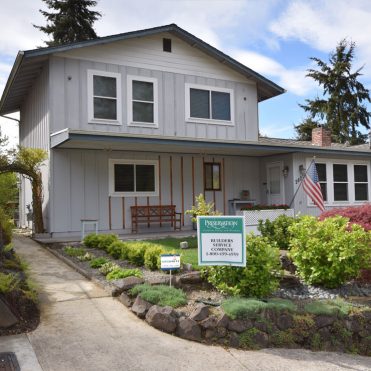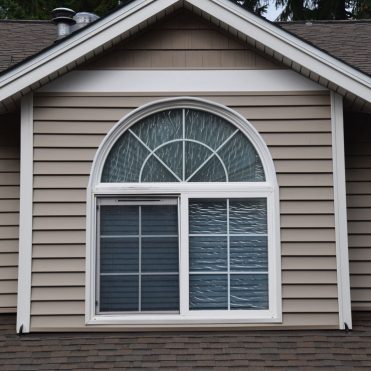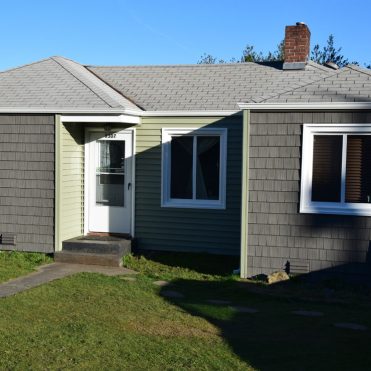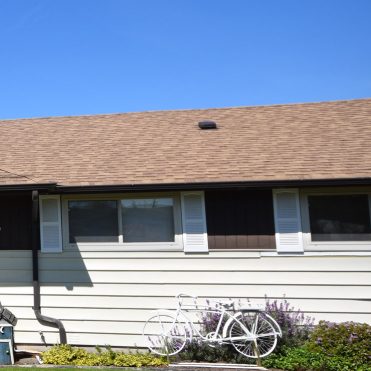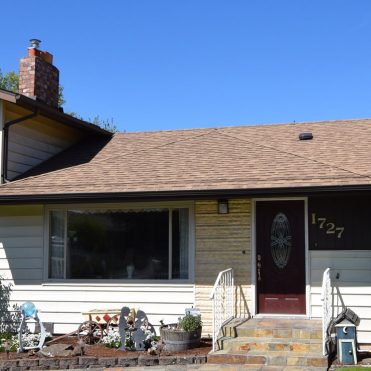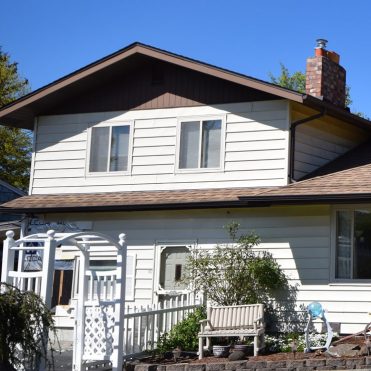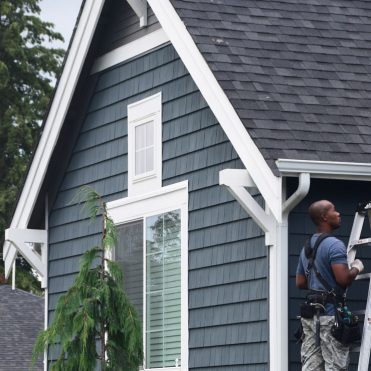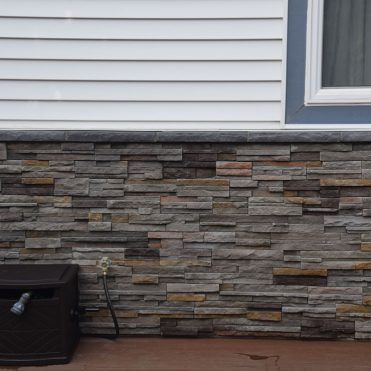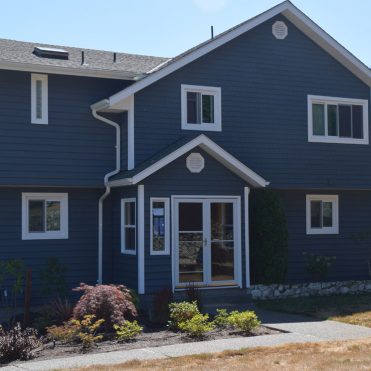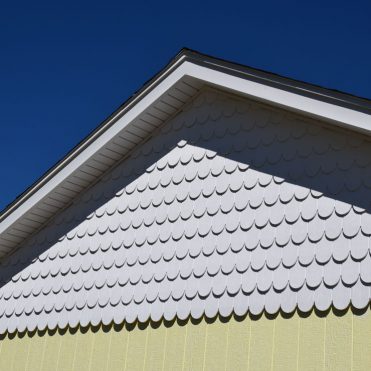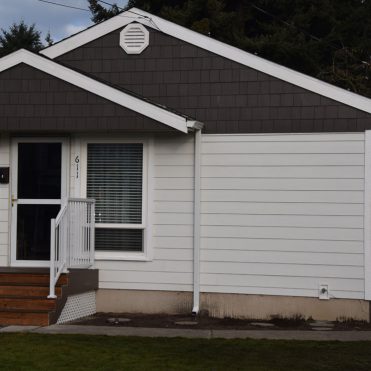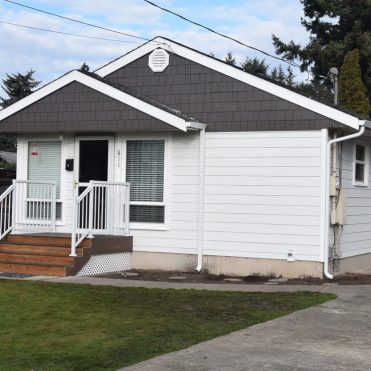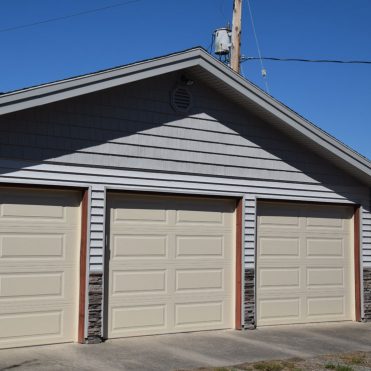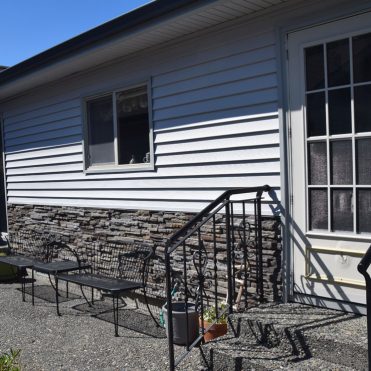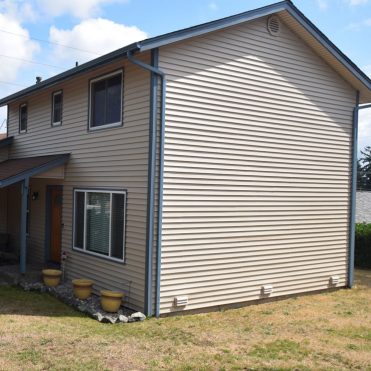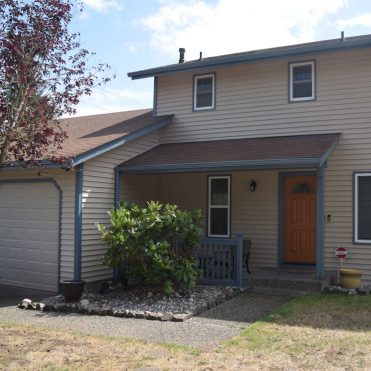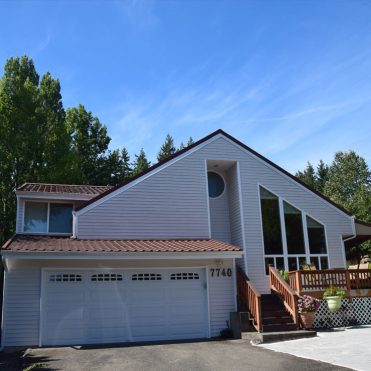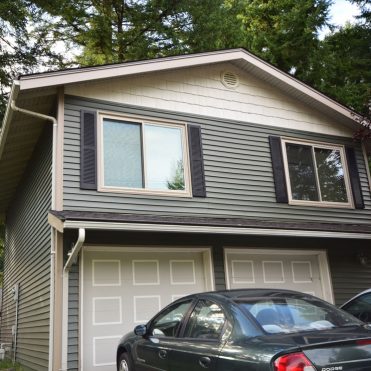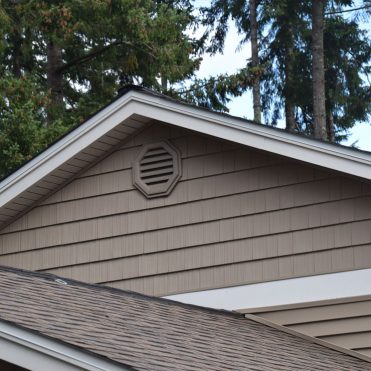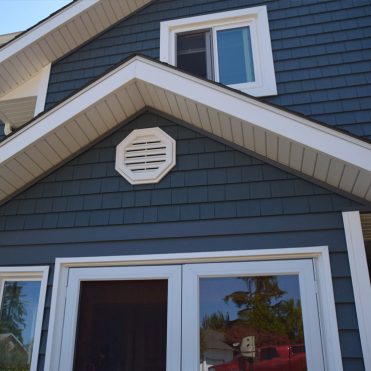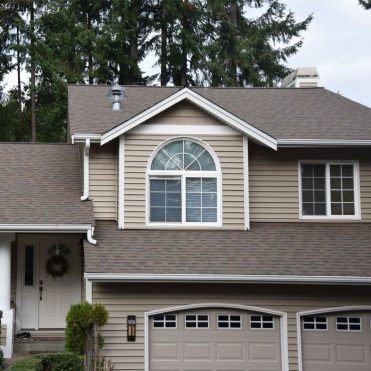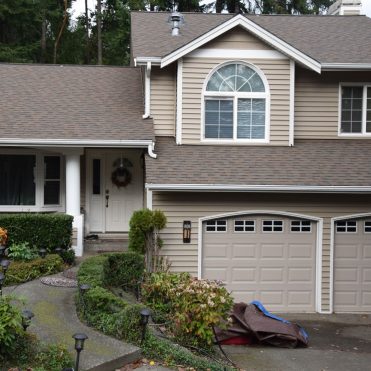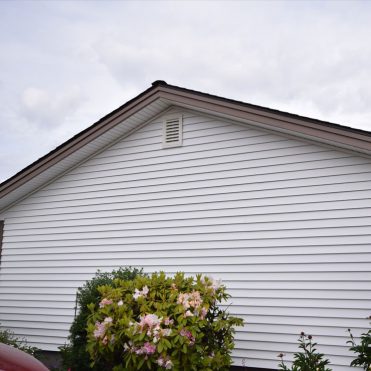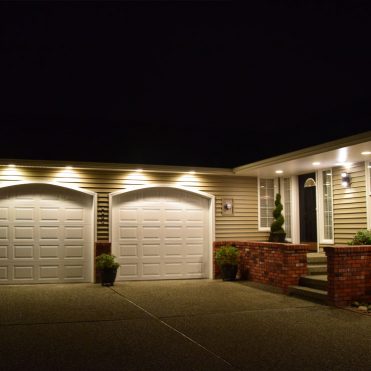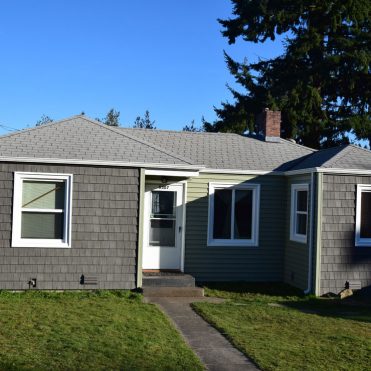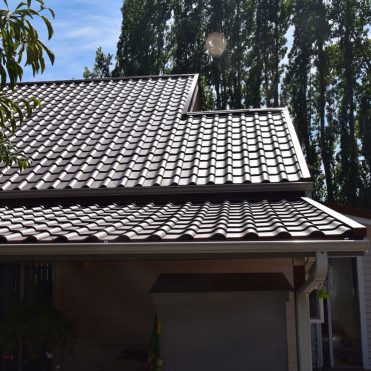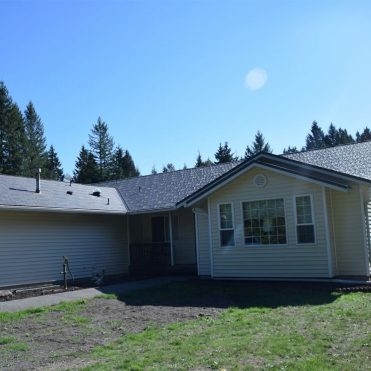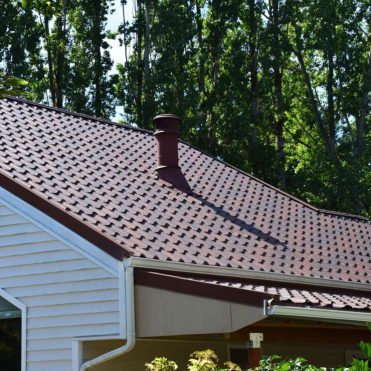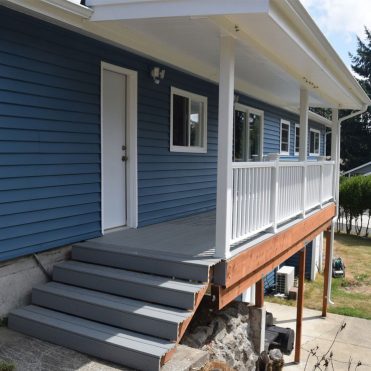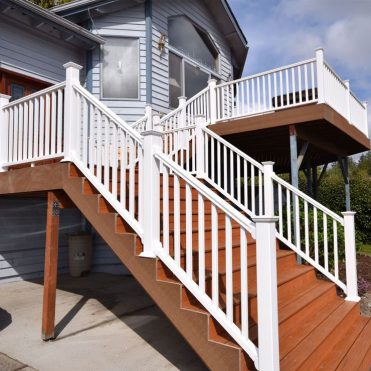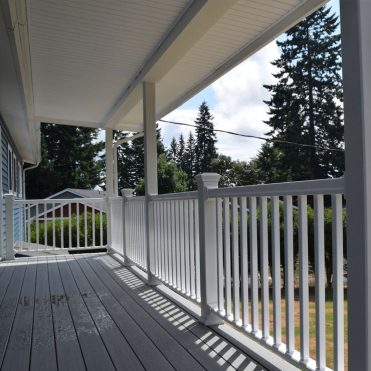How Thick Is Vinyl Siding? Costs, Grades, and Protection for Washington Homes
If you have ever wondered how thick is vinyl siding and whether siding thickness really matters for your home in Washington, you are not alone. Vinyl siding plays a major role in both curb appeal and home protection, and the thickness of vinyl siding directly impacts its strength, energy efficiency, and overall quality.
Washington homeowners face unique challenges such as heavy rainfall, gusty coastal winds, and seasonal temperature swings. Choosing the right siding thickness is not just about appearances; it is about insulation, protection, and long-term performance. This guide will explain how thick is vinyl siding, siding grades, costs, and installation factors that Washington homeowners need to know.
Understanding Vinyl Siding Thickness
What does vinyl siding thickness mean?
When asking how thick is vinyl siding, homeowners are really considering the durability of vinyl panels. Thickness is measured in inches or millimeters, and thicker siding means stronger protection against warping and cracking.
Standard thickness measurements explained
Most siding products range from 0.035 inches to over 0.055 inches thick. In millimeters, this equates to about 0.9 mm to 1.4 mm. Understanding how thick is vinyl siding helps homeowners compare siding grades and choose the best option.
Why siding thickness is important for Washington homes
In Washington’s climate, siding thickness is more than a number. It determines how well siding products can protect homes from rain, wind, and sun. Knowing how thick is vinyl siding helps ensure you are choosing the right product for your area.
Common Thickness Levels of Vinyl Siding
Thin grade vinyl siding (0.035–0.040 inches)
-
Pros: Low cost, lightweight material.
-
Cons: Less durable, prone to fading and cracking.
-
Best suited for: Temporary or low-budget homes where how thick is vinyl siding is not the highest priority.
Standard residential grade vinyl siding (0.042–0.046 inches)
-
Pros: Balance of durability and affordability.
-
Why popular in Washington: Provides reliable protection without overspending.
-
Best suited for: Most homes where homeowners ask how thick is vinyl siding for long-term stability.
Premium and insulated vinyl siding (0.048–0.055 inches and above)
-
Pros: Maximum insulation, energy efficiency, and protection.
-
Why ideal in Washington: Handles rain, wind, and cold winters.
-
Best suited for: Long-term investments where homeowners want the best answer to how thick is vinyl siding for strength and quality.
How Thick Is Vinyl Siding for Washington Homes?
What is the recommended thickness for durability in Washington weather?
Most experts suggest residential grade siding at 0.042 inches or thicker. In wetter regions, going beyond 0.046 inches is best. When asking how thick is vinyl siding for maximum durability, thicker siding panels are the clear winner.
Do Pacific Northwest rain and wind require thicker siding?
Yes. When deciding how thick is vinyl siding for coastal or valley homes, thicker siding is the safest choice. It resists cracking and warping from constant exposure.
How local building codes influence siding thickness choices
Some municipalities consider siding grades and thickness. Asking how thick is vinyl siding for compliance ensures your siding products meet local standards and long-term performance needs.
Comparing Thickness Options: Which Is Right for Your Home?
How to choose based on budget, home age, and neighborhood style
-
Budget homes: Thin siding may suffice.
-
Average homes: Residential grade works best.
-
Premium residences: Thicker siding is worth the investment when deciding how thick is vinyl siding for your future.
Side-by-side comparison
| Thickness Level | Range (inches) | Durability | Cost | Best For |
|---|---|---|---|---|
| Thin Grade | 0.035–0.040 | Low | $ | Short-term or budget homes |
| Standard Residential Grade | 0.042–0.046 | Medium | $$ | Most Washington homeowners |
| Premium/Insulated Vinyl | 0.048–0.055+ | High | $$$ | Long-term durability & efficiency |
Real examples from Washington homes
-
A Renton homeowner who asked how thick is vinyl siding chose 0.044 inches and achieved excellent results.
-
In Kirkland, premium siding at 0.050 inches answered the question of how thick is vinyl siding for better insulation and lower bills.
Performance Factors Beyond Thickness
Does thicker siding always mean better siding?
Not always. When asking how thick is vinyl siding for quality, keep in mind that performance also depends on insulation, underlayment, and installation.
Role of insulation, underlayment, and installation quality
Insulated vinyl siding with the right underlayment boosts protection and energy savings. Professional crews understand how thick is vinyl siding to install for maximum results.
How maintenance affects long-term performance
Even with the correct thickness, proper maintenance matters. Knowing how thick is vinyl siding helps, but upkeep keeps siding strong.
Cost Considerations
How much does vinyl siding cost in Washington?
-
Thin grade: $3–$4.50 per sq. ft.
-
Residential grade: $5–$7 per sq. ft.
-
Premium insulated vinyl: $7–$10+ per sq. ft.
When comparing costs, homeowners often ask how thick is vinyl siding and how it affects long-term expenses.
Material vs installation breakdown
About half the cost is materials, the rest is labor. How thick is vinyl siding also influences installation time and project pricing.
Is thicker siding more expensive in the long run?
Yes, but it saves on energy and maintenance. The question of how thick is vinyl siding shows why thicker siding is often the smarter investment.
How Builders Service Company helps homeowners balance cost and value
Our experts guide you through siding grades and answer how thick is vinyl siding for your home’s best protection.
Answer Engine-Friendly Questions
What are the signs your vinyl siding is too thin?
-
Buckling, warping, or cracking
-
Brittle vinyl panels
-
Poor insulation
These issues often lead homeowners to ask how thick is vinyl siding needed for replacement.
How much does premium vinyl siding cost in Washington?
Premium insulated vinyl siding ranges from $7,000 to $14,000 per home, depending on siding grades and how thick is vinyl siding chosen.
Why choose professional vinyl siding installation instead of DIY?
Professional contractors know exactly how thick is vinyl siding to use for your climate, avoiding mistakes that cause gaps, buckling, or water damage.
Why Washington Homeowners Choose Builders Service Company
Over 50 years of local expertise
We have been helping families understand how thick is vinyl siding should be for Washington homes since the 1970s.
Family-owned and customer-focused service
Our team helps every homeowner decide how thick is vinyl siding for their budget and protection needs.
Lifetime warranties and trusted installation crews
From residential grade to premium insulated vinyl, we guarantee siding products and installations that last.
Serving Area Coverage
Builders Service Company installs siding across Washington, serving Seattle, Bellevue, Everett, Tacoma, Renton, Kent, Redmond, Kirkland, Lynnwood, Marysville, and Bellingham. Homeowners throughout the state turn to us when they need expert advice on how thick is vinyl siding for their homes.
Contact Us Today
Deciding how thick is vinyl siding for your Washington home is one of the most important choices you can make. Whether you live in Seattle, Tacoma, Everett, or Bellingham, siding thickness directly affects insulation, durability, and protection.
Contact Builders Service Company today at 888-980-8580 for a free consultation. We will help you determine how thick is vinyl siding for your home and install quality products designed to last.



